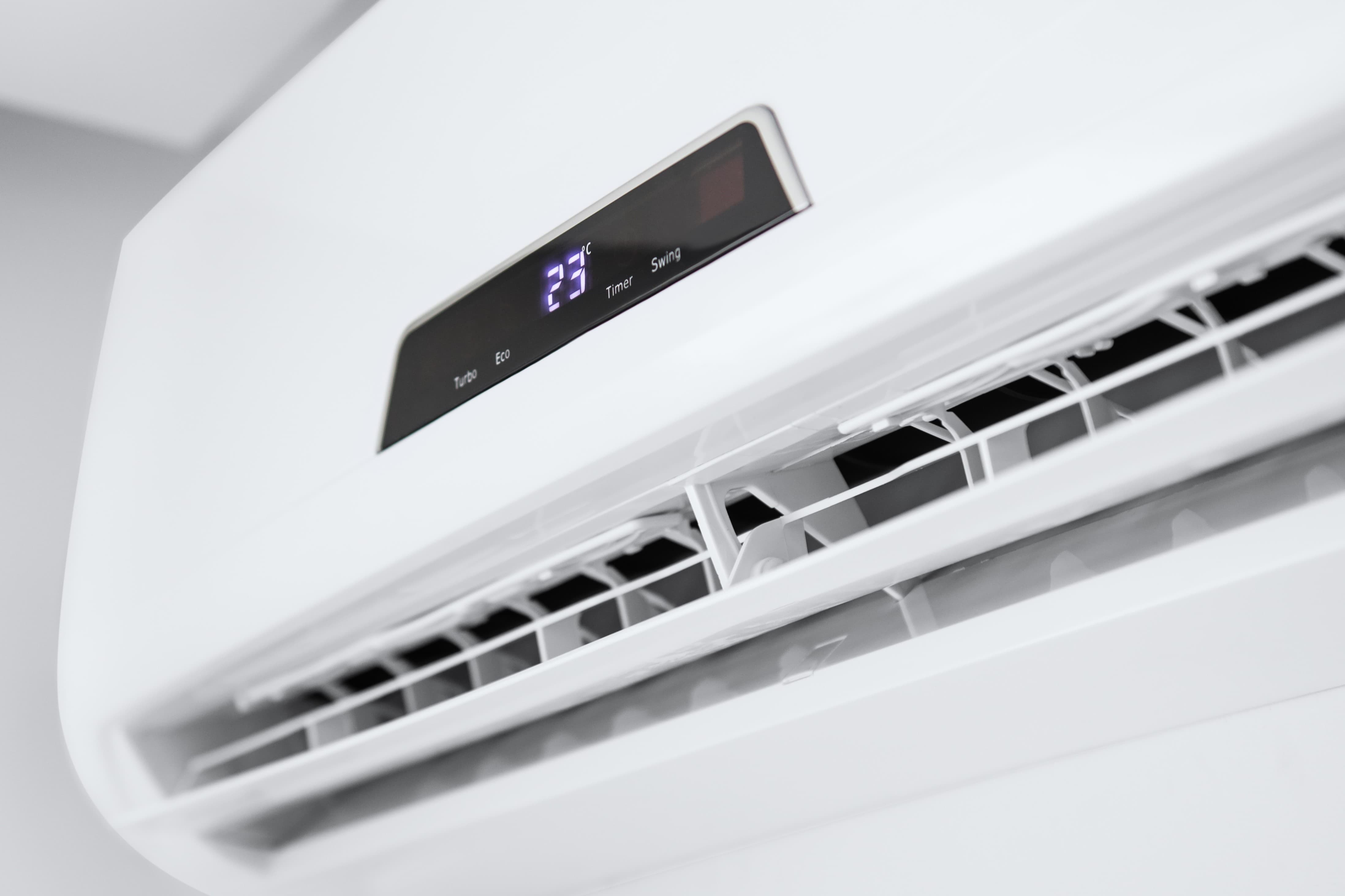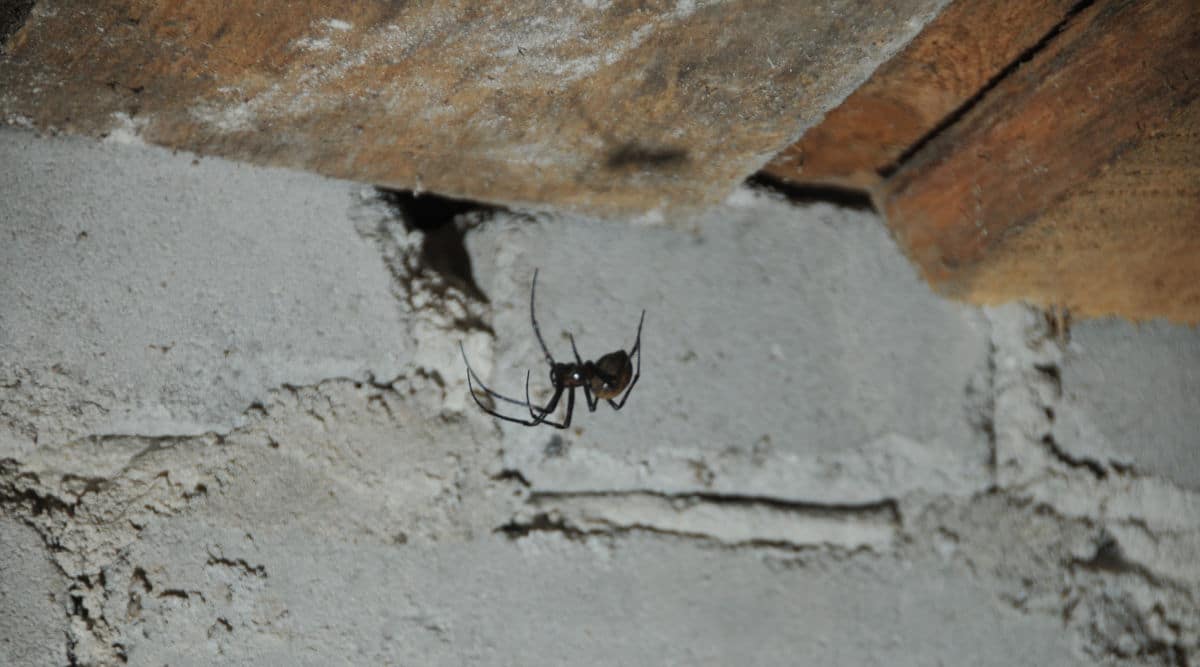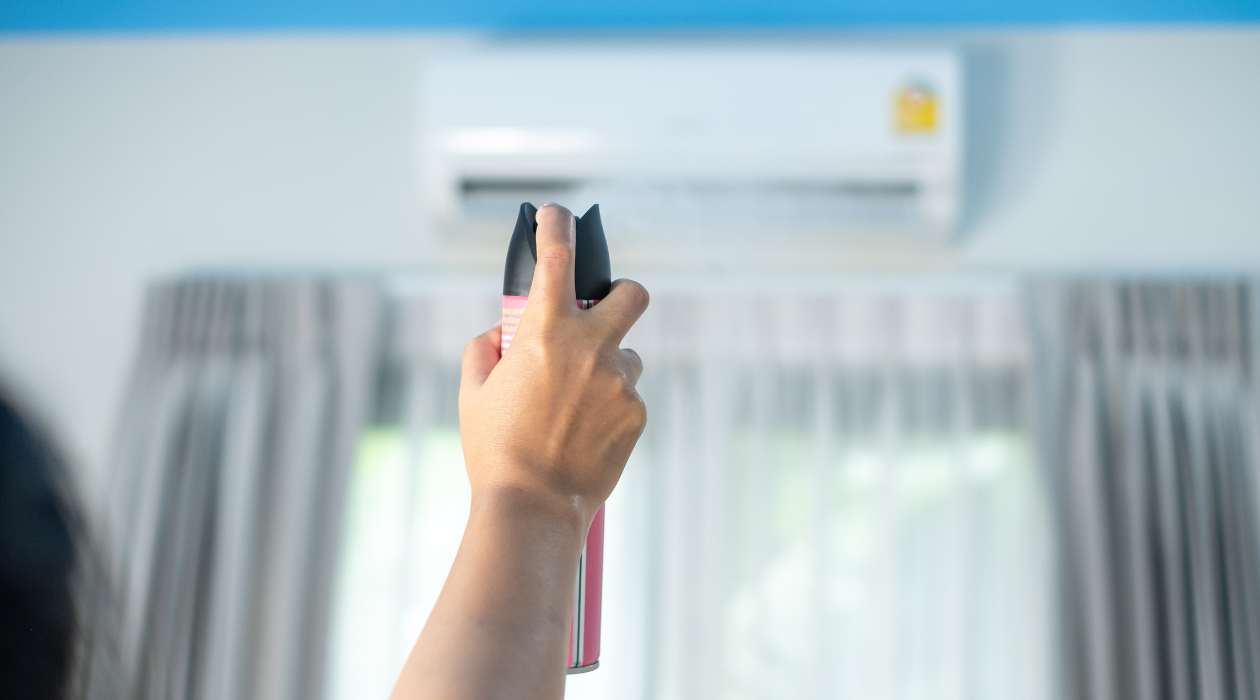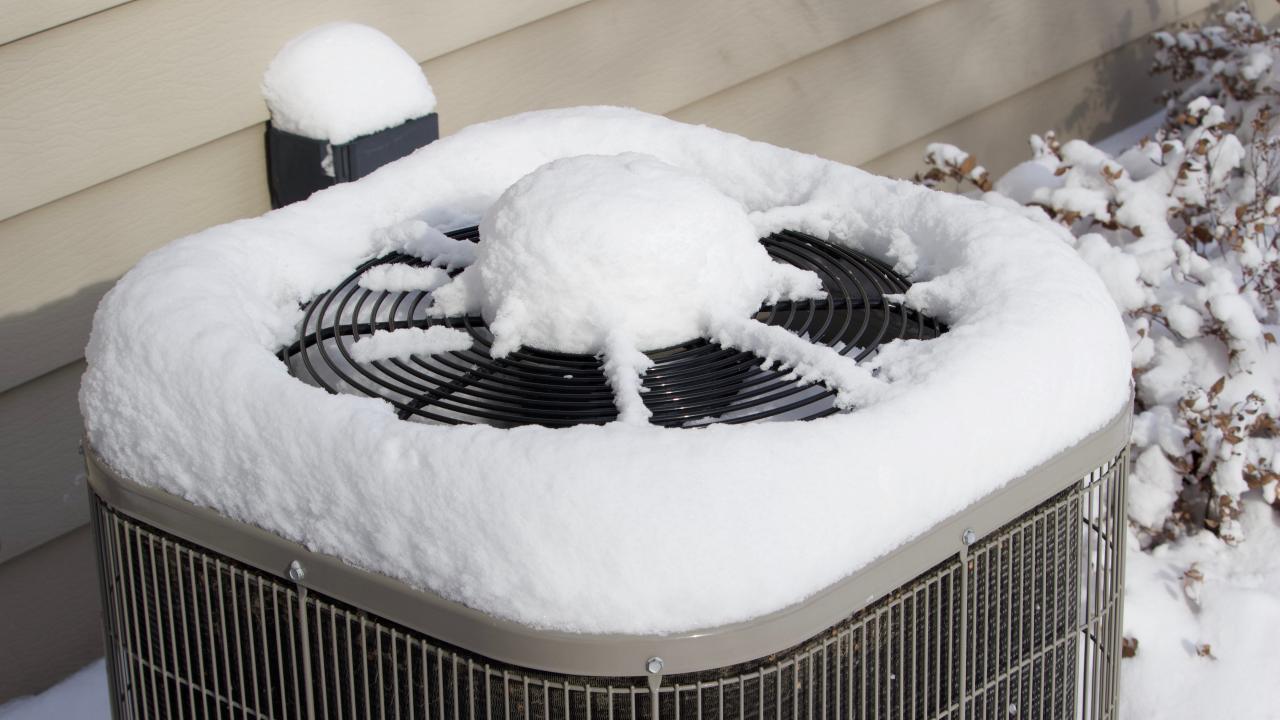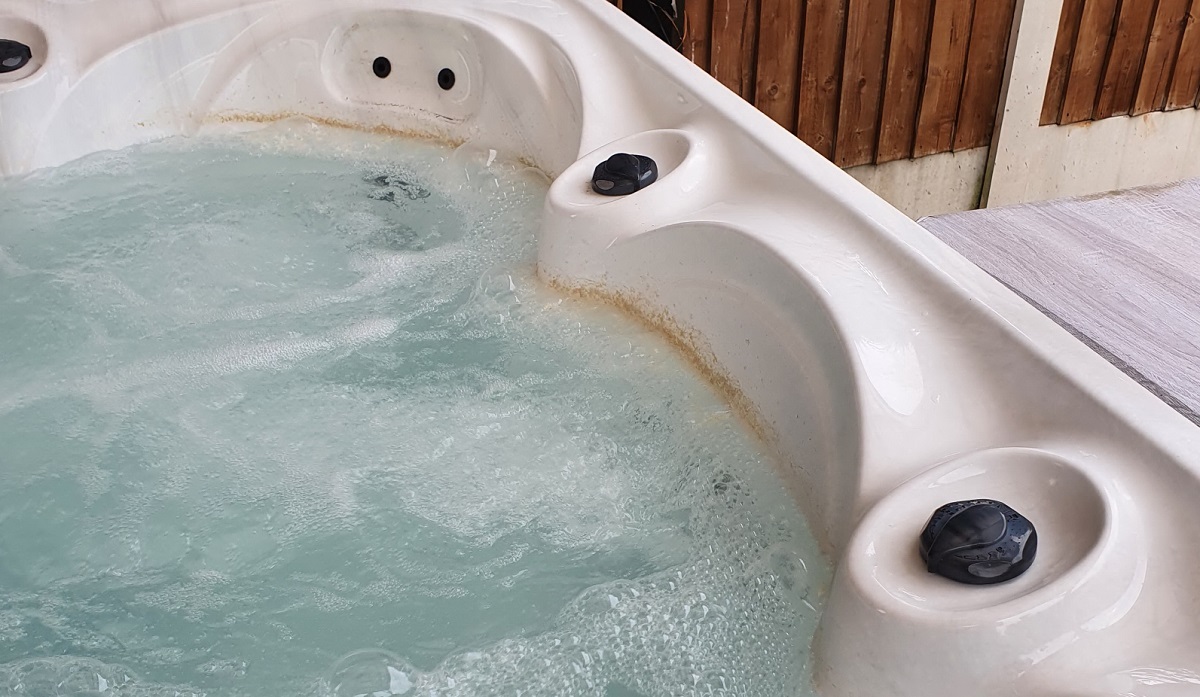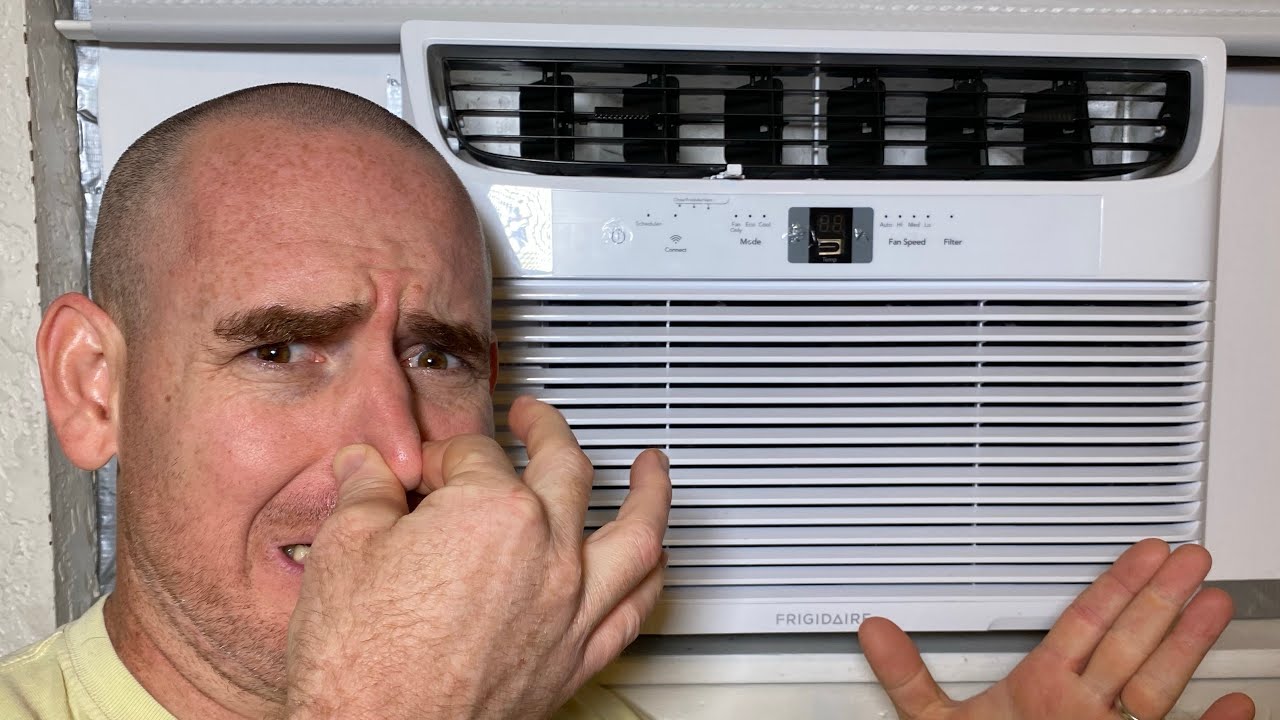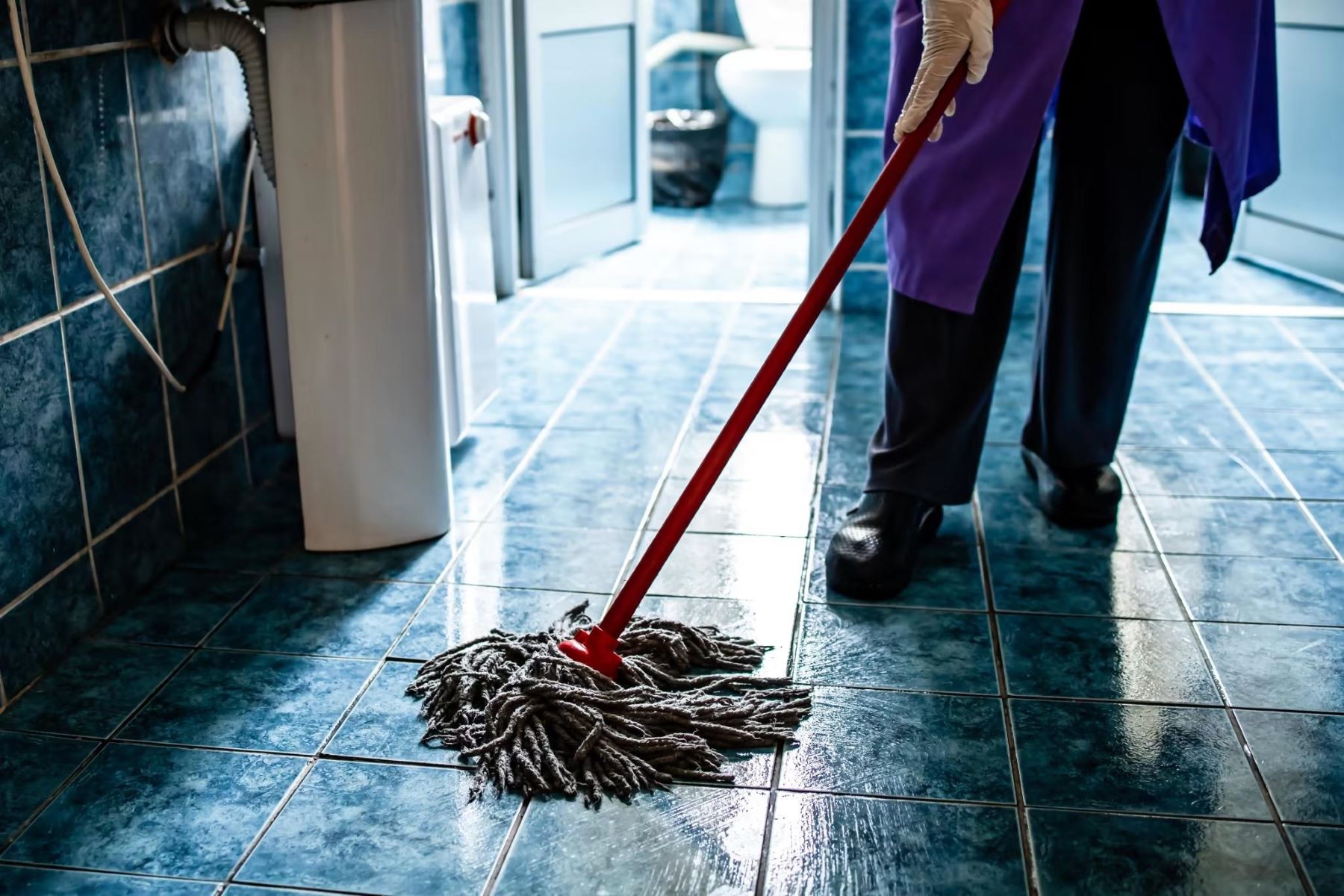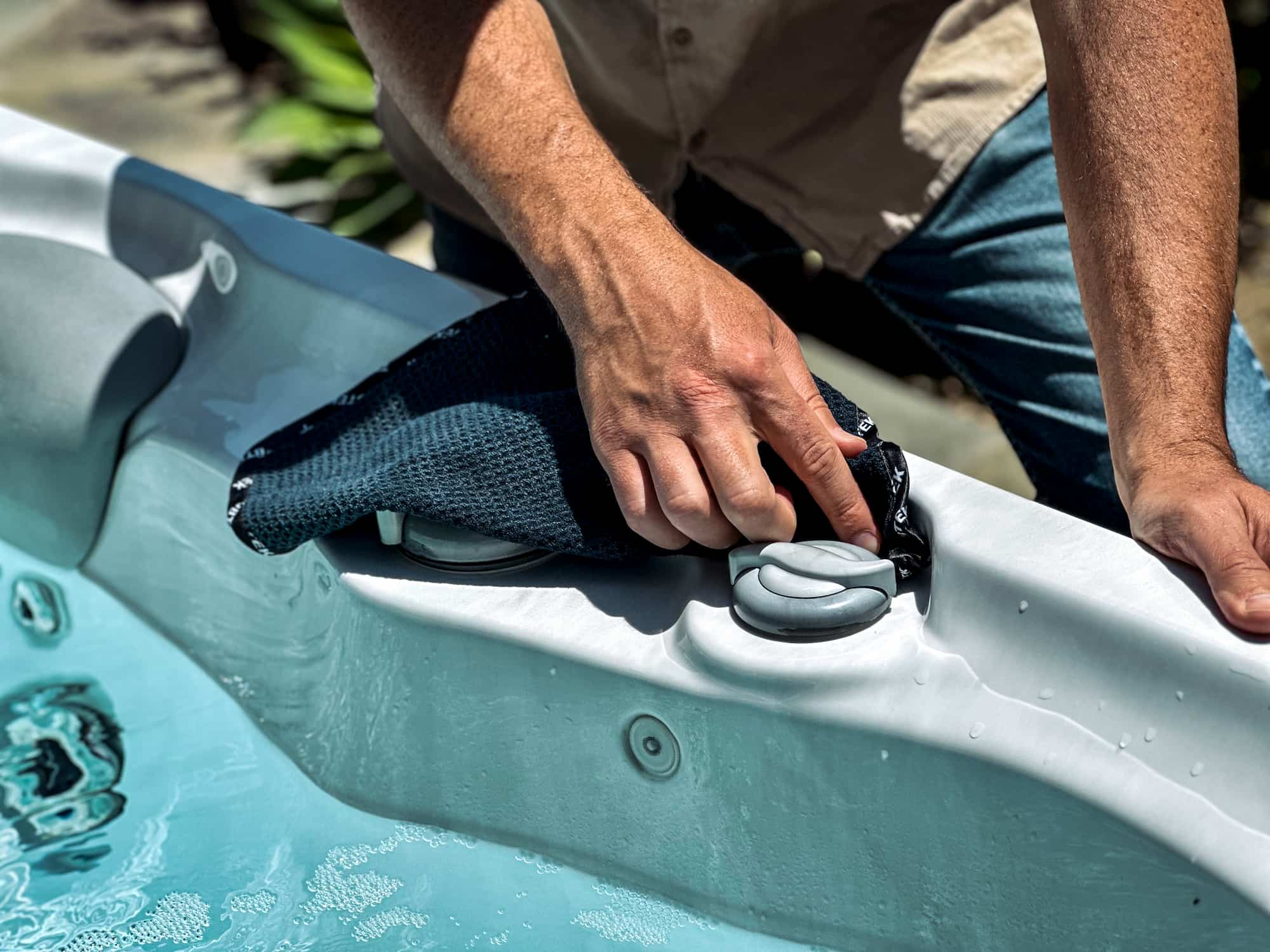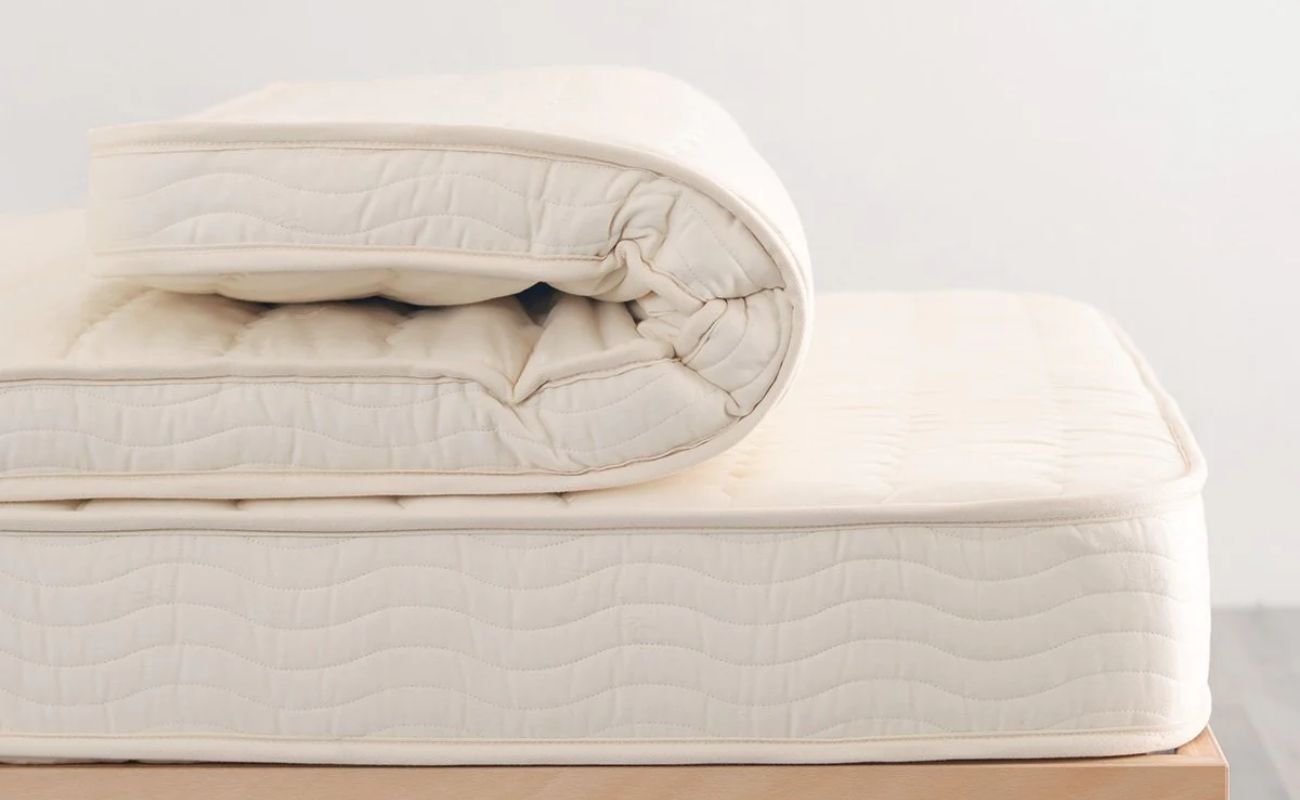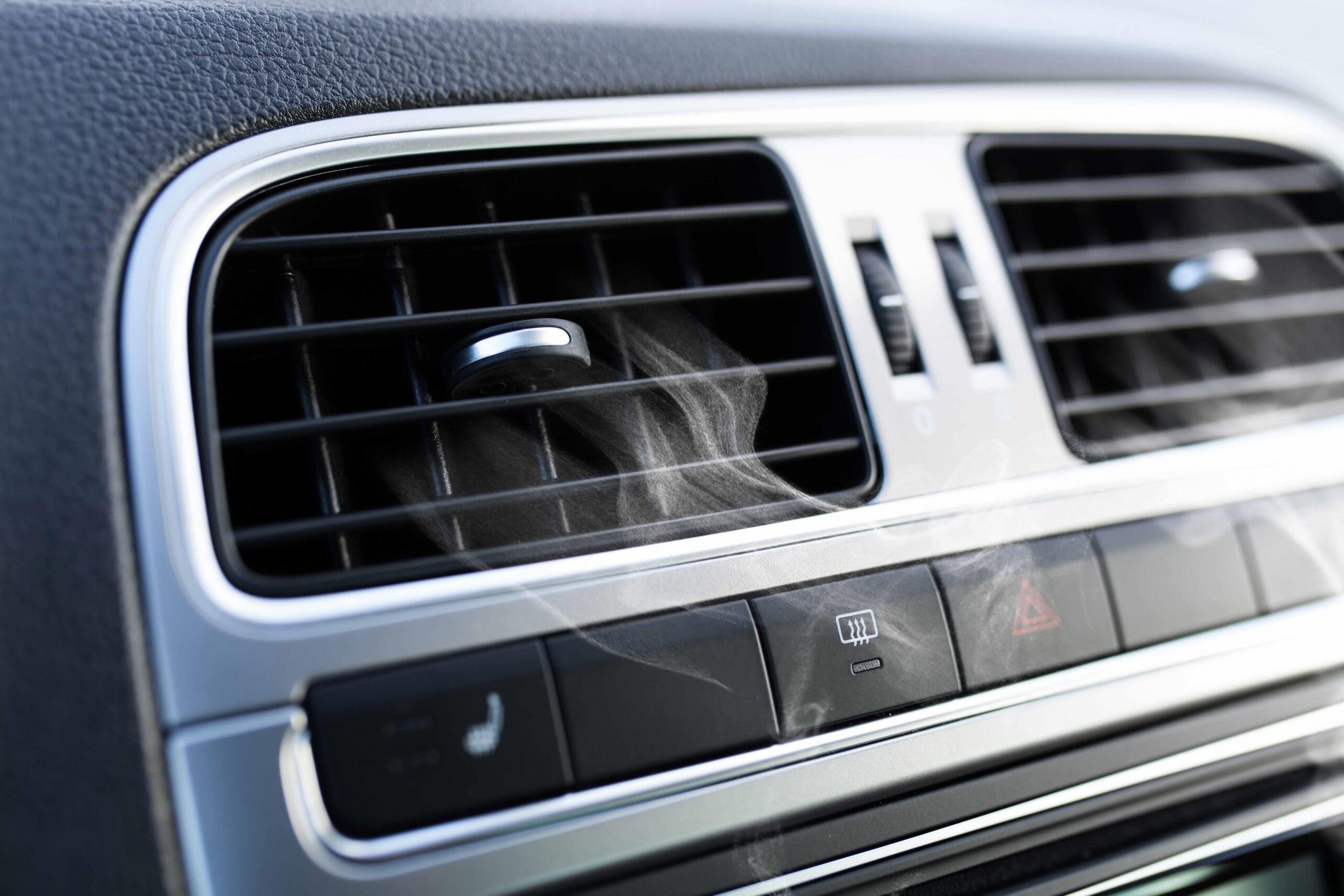Home>Home Maintenance>How Do I Get Rid Of The Smell In My Window Air Conditioner


Home Maintenance
How Do I Get Rid Of The Smell In My Window Air Conditioner
Modified: March 21, 2024
Learn how to effectively eliminate the unpleasant odor in your window air conditioner with these essential home maintenance tips. Say goodbye to that lingering smell!
(Many of the links in this article redirect to a specific reviewed product. Your purchase of these products through affiliate links helps to generate commission for Storables.com, at no extra cost. Learn more)
Introduction
Having a window air conditioner is a convenient and cost-effective way to cool your home during the hot summer months. However, one common problem that many homeowners face is dealing with unpleasant odors coming from their window air conditioner units. These odors can be quite off-putting and can diminish the comfort of your living space.
The good news is that there are effective methods to get rid of the smell in your window air conditioner and restore a fresh and clean atmosphere in your home. In this article, we will discuss various approaches you can take to eliminate those odors and ensure your air conditioner is functioning optimally.
Before we dive into the different solutions, it’s important to understand the potential sources of the odor in your window air conditioner. The accumulation of dirt, dust, and debris on the filter, coils, and other parts of the unit can lead to musty smells. Additionally, if there is mold or mildew growth inside the air conditioner, it can contribute to a foul odor circulating throughout your living space.
Now, let’s explore the steps you can take to address these issues and eliminate the unpleasant smell in your window air conditioner.
Key Takeaways:
- Keep your window air conditioner smelling fresh by regularly cleaning or replacing the filter, cleaning the coils, and removing debris. This will ensure a pleasant and comfortable living space.
- Prevent odors in your window air conditioner by promoting proper ventilation, monitoring humidity levels, and scheduling professional maintenance. A well-maintained unit leads to a fresh-smelling home.
Read more: How Do I Get Rid Of Musty Smell In Basement
Understanding the Source of the Odor
Before you can effectively eliminate the smell in your window air conditioner, it’s important to understand the source of the odor. This will help you target the underlying problem and take appropriate measures to resolve it.
The most common sources of odor in window air conditioners are dirt, dust, debris, mold, and mildew. When the air conditioner is running, it pulls in air from the surrounding environment along with these particles. Over time, they can accumulate and cause unpleasant odors to be released into your living space.
One of the main culprits for odor is a dirty or clogged filter. The filter is responsible for trapping dust and particles, preventing them from circulating in your home. When the filter becomes dirty or clogged, it can no longer effectively perform this function, leading to the accumulation of debris and the development of odors.
The coils inside the air conditioner can also contribute to the smell. If the coils are dirty or covered in mold or mildew, the air passing through them can pick up these particles and distribute the odor throughout your home.
Now that you have a better understanding of the potential sources of the odor, let’s proceed to the next steps to tackle this issue and restore a fresh-smelling air conditioner.
Cleaning the Filter
One of the primary causes of odors in a window air conditioner is a dirty or clogged filter. Over time, dust, dirt, and debris accumulate on the filter, preventing it from effectively trapping particles and circulating clean air.
To address this issue, you should start by locating the filter in your window air conditioner. In most cases, the filter is located behind the front panel of the unit, easily accessible for cleaning and maintenance.
Once you’ve located the filter, carefully remove it from the air conditioner. Take note of the type of filter you have, as it can be either washable or replaceable.
If you have a washable filter, you can clean it by following these steps:
- Fill a basin or sink with warm water and a gentle detergent.
- Submerge the filter in the soapy water and let it soak for 15-20 minutes.
- Using a soft brush or sponge, gently scrub the filter to remove any dirt or debris.
- Rinse the filter thoroughly with clean water to remove any soap residue.
- Allow the filter to air dry completely before reinstalling it in the air conditioner.
If you have a replaceable filter, you can simply discard the old filter and replace it with a new one. Be sure to check the manufacturer’s instructions or consult your air conditioner’s manual for the specific type of filter that is compatible with your unit.
Remember, cleaning or replacing the filter regularly is crucial to maintain proper airflow and prevent the buildup of odors. It is typically recommended to clean or replace the filter every 1-2 months, depending on the level of usage and the air quality in your area.
By regularly cleaning or replacing the filter, you can significantly reduce the chances of unpleasant odors in your window air conditioner and improve the overall air quality in your space.
Cleaning the Coils
In addition to cleaning the filter, another essential step in getting rid of the smell in your window air conditioner is cleaning the coils. The coils play a crucial role in the cooling process by removing heat from the air. Over time, the coils can become dirty and covered in dust, mold, or mildew, which can contribute to unpleasant odors.
To clean the coils, follow these steps:
- Turn off the power to the air conditioner. You can do this by unplugging the unit or turning off the circuit breaker.
- Access the coils by removing the front panel of the air conditioner.
- Gently brush off any visible dust or debris from the coils using a soft brush or a vacuum cleaner with a brush attachment.
- For more stubborn dirt or buildup, mix a solution of equal parts water and vinegar in a spray bottle.
- Spray the solution onto the coils, ensuring thorough coverage.
- Allow the solution to sit on the coils for a few minutes to loosen any grime.
- Gently wipe the coils with a soft cloth or sponge to remove the loosened dirt. Be careful not to apply excessive pressure, as the coils are delicate.
- Rinse the coils with clean water to remove any remaining residue.
- Allow the coils to dry completely before reassembling the air conditioner.
Regularly cleaning the coils of your window air conditioner can help remove dirt, dust, and mold, reducing the chances of odors. Aim to clean the coils at least once a year or as needed, especially if you notice a persistent smell or reduced cooling efficiency.
By incorporating regular coil cleaning into your maintenance routine, you can ensure optimal performance and a fresh-smelling air conditioner.
Treating Mildew and Mold Buildup
If you notice a persistent musty odor coming from your window air conditioner, it may indicate the presence of mildew or mold inside the unit. Mold and mildew thrive in damp and dark environments, making the interior of an air conditioner an ideal breeding ground if not properly maintained.
Here are some steps you can take to treat mildew and mold buildup:
- Turn off the power to the air conditioner and unplug it.
- Remove the front panel and inspect the interior of the unit for any signs of mold or mildew growth.
- If you find mold or mildew on visible surfaces, mix a solution of one part bleach to four parts water in a spray bottle.
- Spray the solution onto the affected areas and let it sit for a few minutes to disinfect and kill the mold or mildew.
- Scrub the surfaces gently with a soft brush or sponge to remove any remaining mold or mildew.
- Rinse the area thoroughly with clean water to remove any residual bleach solution.
- Allow the interior of the air conditioner to dry completely before reassembling and powering it back on.
It’s important to note that if the mold or mildew growth is extensive or if you are unsure of how to properly handle the situation, it is recommended to seek professional assistance. They have the expertise and equipment to safely and effectively remove mold and mildew from your air conditioner.
Additionally, to prevent future mold and mildew growth, it is essential to address the underlying cause of moisture in the unit. Check for any sources of water leakage or excessive humidity around the air conditioner and address those issues promptly.
By treating and preventing mold and mildew buildup, you can ensure a fresh and healthy environment in your home and eliminate any lingering odors from your window air conditioner.
Regularly clean or replace the air filter in your window air conditioner to get rid of any odor-causing particles. You can also use a mixture of water and vinegar to clean the coils and remove any lingering smells.
Removing Debris from the Unit
In addition to cleaning the filter and coils, it’s important to remove any debris that may have accumulated inside your window air conditioner. Debris such as leaves, twigs, and dust can obstruct airflow and contribute to foul odors.
Here’s how you can remove debris from your unit:
- Turn off the power to the air conditioner and unplug it.
- Remove the front panel and carefully inspect the interior of the unit for any visible debris.
- Use a soft brush or a vacuum cleaner with a brush attachment to gently remove the debris from the fan blades, fan motor, and other accessible parts of the unit.
- If there is debris lodged in hard-to-reach areas, you can use compressed air or a can of air duster to dislodge it.
- Make sure to also clean the condensate drain line, if applicable, as it can become clogged with debris and contribute to odors. Use a wet-dry vacuum or a pipe cleaner to clear any obstructions in the drain line.
- Once you’ve removed all the debris, wipe down the interior surfaces of the unit with a damp cloth to remove any remaining dirt or dust.
- Allow the interior of the air conditioner to dry completely before reassembling and powering it back on.
Regularly removing debris from your window air conditioner will not only improve its efficiency but also prevent the buildup of odors caused by stagnant air and blockages. Aim to perform this maintenance task every few months or as needed, especially if you live in an area with high levels of outdoor debris.
By keeping your air conditioner free from debris, you can ensure proper airflow and eliminate potential sources of unpleasant odors.
Using Odor-Absorbing Materials or Sprays
If you’ve tried cleaning the filter, coils, and removing debris from your window air conditioner but still notice lingering odors, you can utilize odor-absorbing materials or sprays to help eliminate the smell.
Here are a few options you can consider:
- Activated Charcoal: Activated charcoal is known for its excellent odor-absorbing properties. You can place a container filled with activated charcoal near your air conditioner, and it will help absorb any unpleasant smells in the surrounding air. Make sure to replace the charcoal regularly for maximum effectiveness.
- Baking Soda: Baking soda is another effective odor absorber. You can sprinkle baking soda on the filter or create small sachets filled with baking soda and place them inside the air conditioner. Replace the baking soda as needed to maintain its odor-absorbing properties.
- Ozone Generators: Ozone generators produce ozone molecules that can neutralize odors by breaking down the organic compounds causing the smell. However, it’s important to use ozone generators with caution and follow the manufacturer’s instructions, as excessive ozone exposure can be harmful.
- Air Fresheners and Deodorizing Sprays: You can use air fresheners or deodorizing sprays specifically designed for air conditioners to mask or eliminate odors. However, be cautious of strong chemical-based sprays that may cause irritation or leave a residue on the air conditioner’s components.
When using odor-absorbing materials or sprays, it’s important to follow the instructions provided by the manufacturer and avoid placing them directly on the filter or coils, as it may affect the airflow or damage the unit.
Remember that while these options can help temporarily mask or eliminate odors, it’s essential to address the underlying cause of the smell through proper cleaning and maintenance to prevent the odors from returning.
Additionally, make sure to use odor-absorbing materials or sprays in a well-ventilated area and take into consideration any potential allergenic or harmful effects. If you have concerns or sensitivities, consult with a professional or choose alternative methods to address the odor issue.
Regular Maintenance Tips to Prevent Future Odors
Prevention is key when it comes to avoiding unpleasant odors in your window air conditioner. By following these regular maintenance tips, you can keep your unit clean and odor-free:
- Clean or Replace the Filter: Regularly clean or replace the air filter every 1-2 months, or as recommended by the manufacturer. This helps maintain proper airflow and prevents debris buildup that can lead to odors.
- Keep the Surrounding Area Clean: Ensure that the area around the air conditioner is free from dust, dirt, and debris. Regularly vacuum or sweep the floor, wipe down any surfaces, and keep plants or other objects away from the unit to maintain good airflow.
- Clean the Coils: Periodically clean the coils of your window air conditioner to remove any dust, dirt, or mold buildup. This will help optimize performance and prevent odors from developing.
- Promote Proper Ventilation: Ensure that the air conditioner is properly ventilated. Keep windows and doors closed when the unit is running to prevent outside odors from entering the space and circulating through the air conditioner.
- Monitor Humidity Levels: Excessive humidity can contribute to mold and mildew growth. Use a dehumidifier if necessary to maintain a comfortable and dry environment, especially in areas with high humidity.
- Schedule Professional Maintenance: Consider having a professional HVAC technician perform routine maintenance on your window air conditioner. They can check for any underlying issues, clean internal components, and ensure optimal performance and air quality.
- Inspect for Water Leaks: Regularly inspect your air conditioner for any signs of water leakage. Address any leaks promptly, as standing water can contribute to mold and mildew growth and cause unpleasant odors.
By implementing these regular maintenance practices, you can significantly reduce the chances of developing odors in your window air conditioner. Keeping your unit clean and well-maintained not only ensures a fresh-smelling living space but also extends the lifespan and efficiency of your air conditioner.
Remember to refer to the manufacturer’s instructions or consult with a professional if you have any specific maintenance questions or concerns related to your window air conditioner model.
Conclusion
Dealing with unpleasant odors in your window air conditioner can be frustrating, but with the right approach, you can eliminate the smell and restore a fresh and clean environment in your home. By understanding the source of the odor, cleaning the filter and coils, treating mold and mildew buildup, removing debris, and using odor-absorbing materials or sprays, you can effectively tackle the issue. Moreover, implementing regular maintenance practices such as cleaning or replacing the filter, keeping the surrounding area clean, promoting proper ventilation, monitoring humidity levels, scheduling professional maintenance, and inspecting for water leaks, can help prevent future odors from developing.
Remember, a clean and well-maintained window air conditioner not only improves indoor air quality but also enhances the overall performance and energy efficiency of the unit. By following these tips and staying proactive in your maintenance efforts, you can enjoy a cool and odor-free living space throughout the summer months.
Should you encounter persistent odors or face difficulties in resolving the issue, it’s always recommended to seek professional assistance. They can provide expert guidance and solutions tailored to your specific needs.
Now, armed with this knowledge, you can confidently address the smell in your window air conditioner and enjoy a comfortable and refreshing atmosphere in your home.
Frequently Asked Questions about How Do I Get Rid Of The Smell In My Window Air Conditioner
Was this page helpful?
At Storables.com, we guarantee accurate and reliable information. Our content, validated by Expert Board Contributors, is crafted following stringent Editorial Policies. We're committed to providing you with well-researched, expert-backed insights for all your informational needs.

